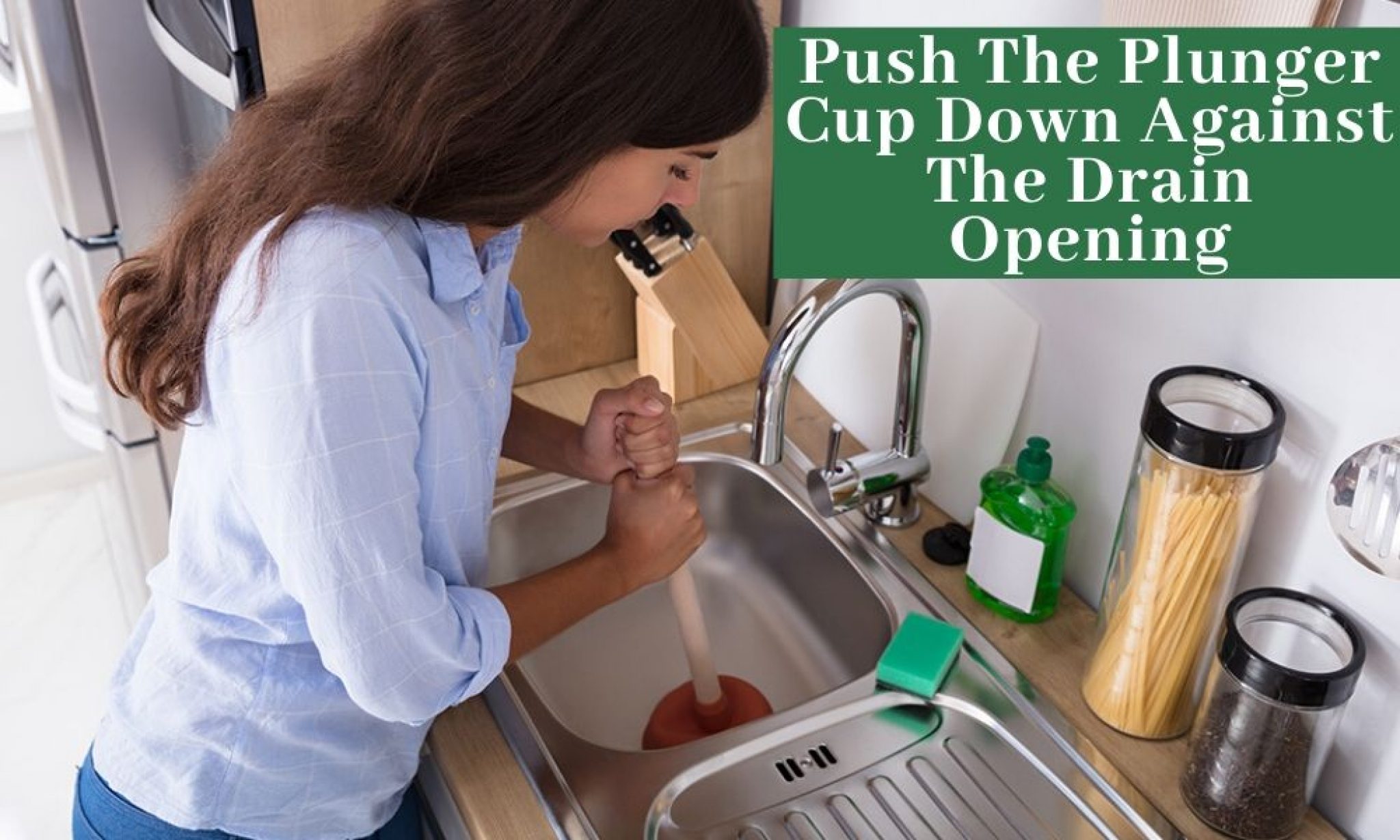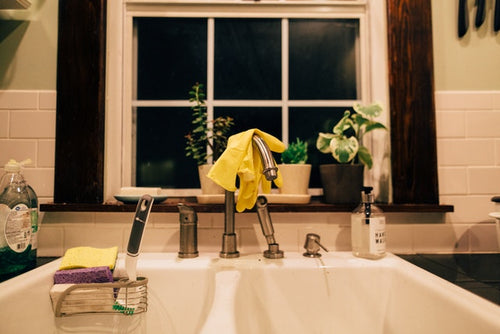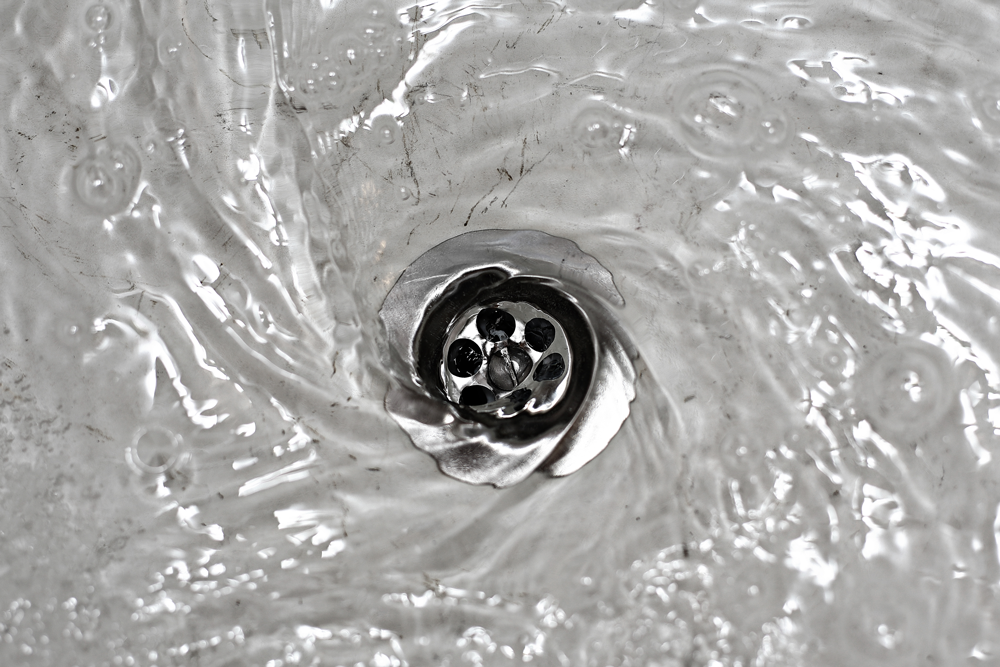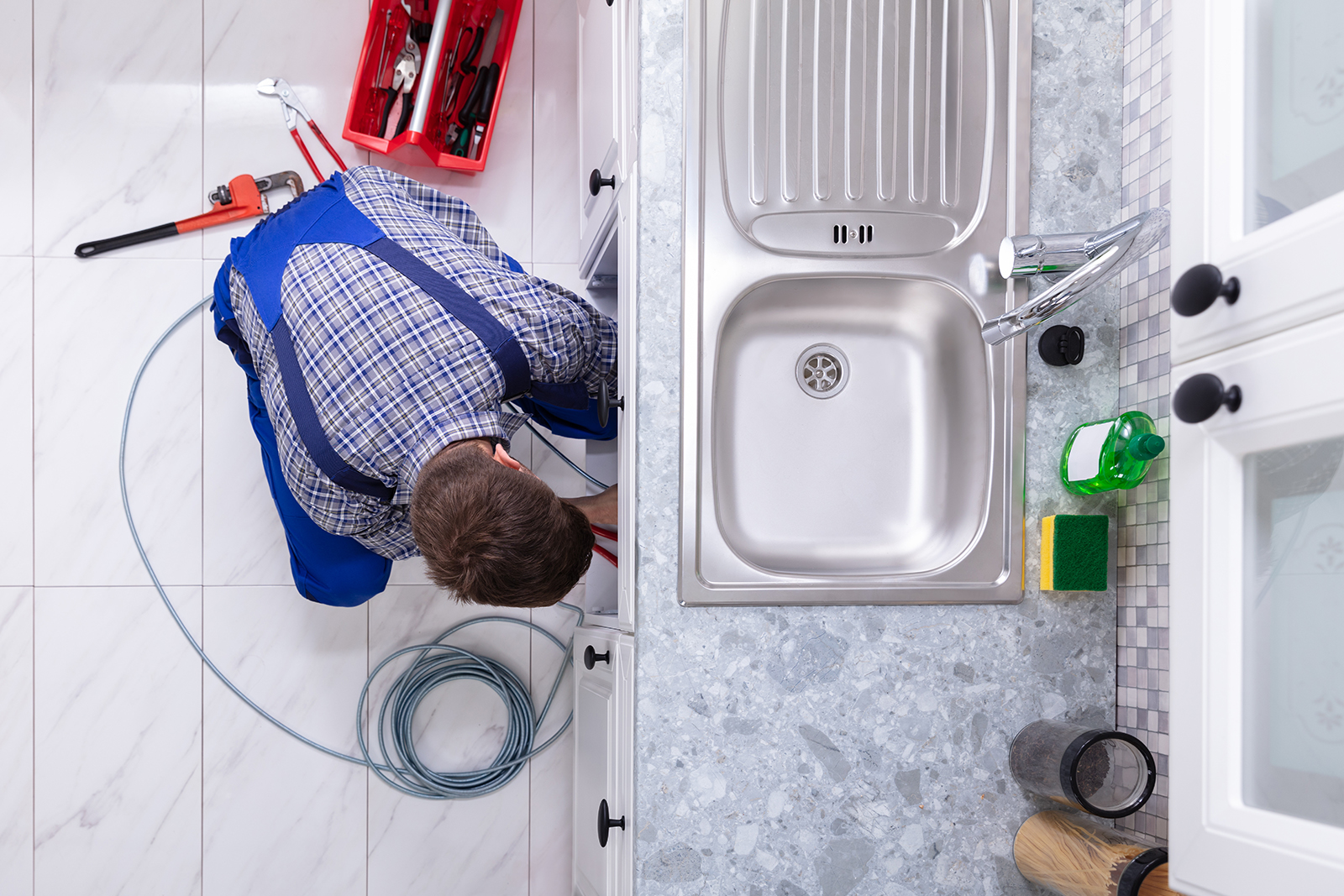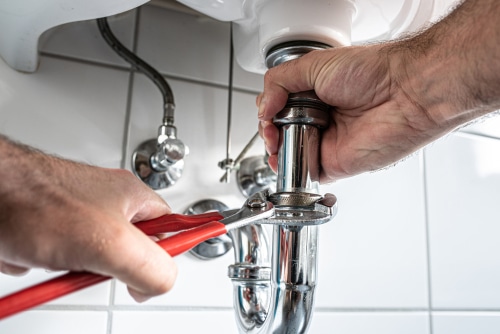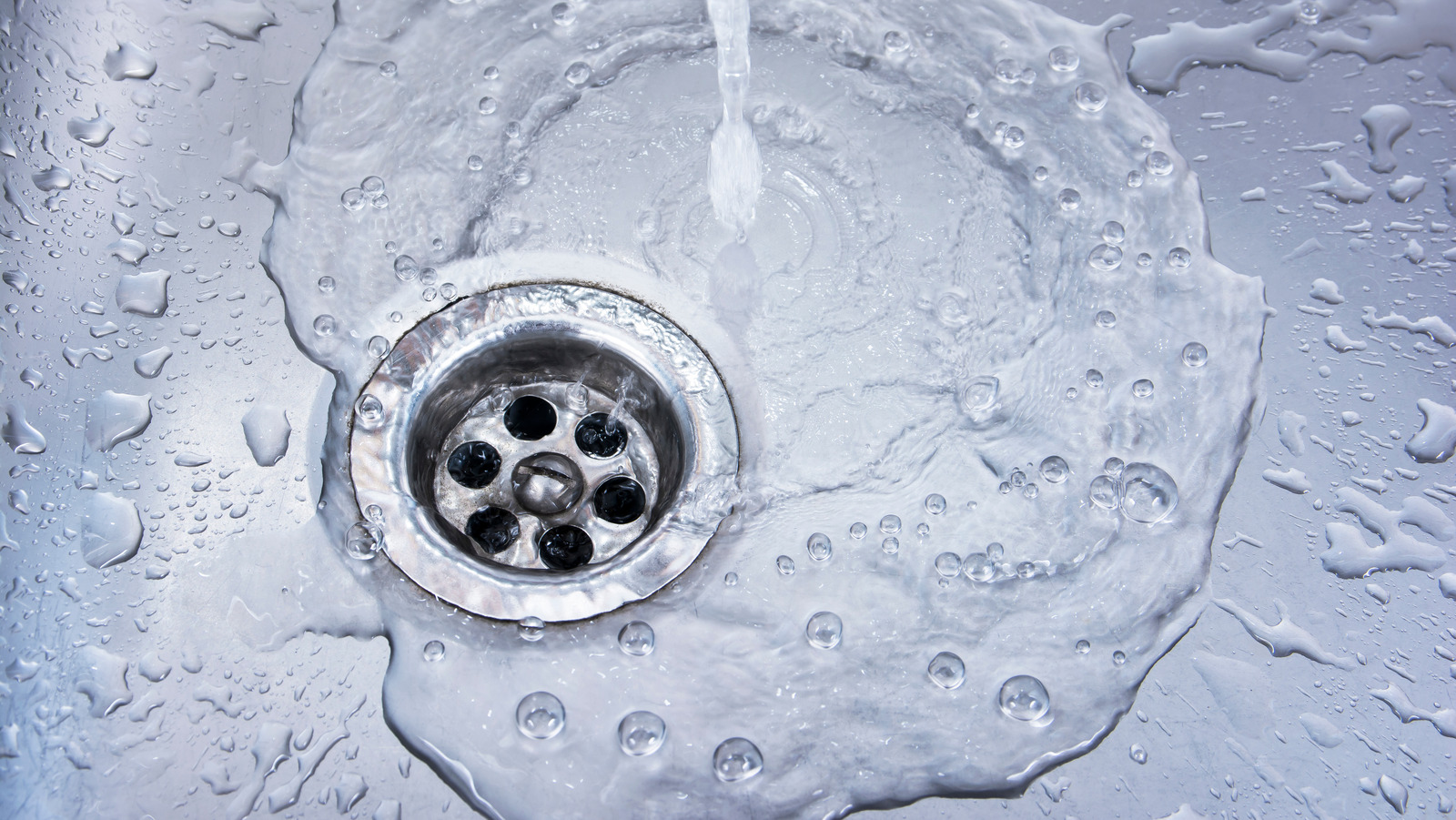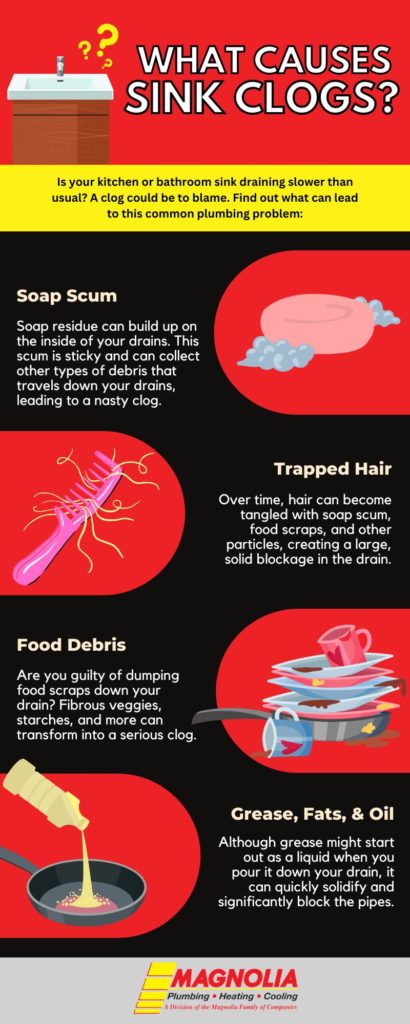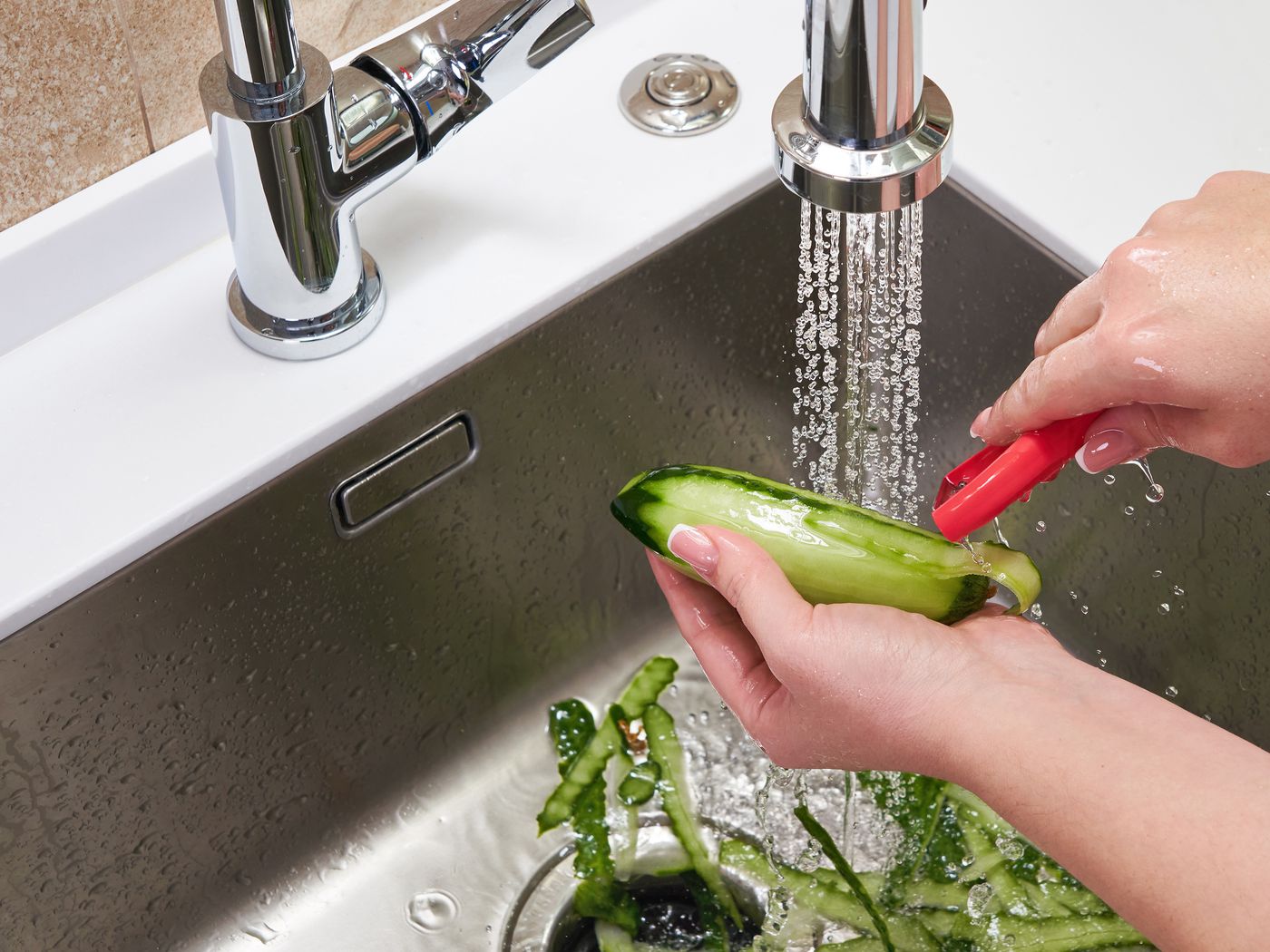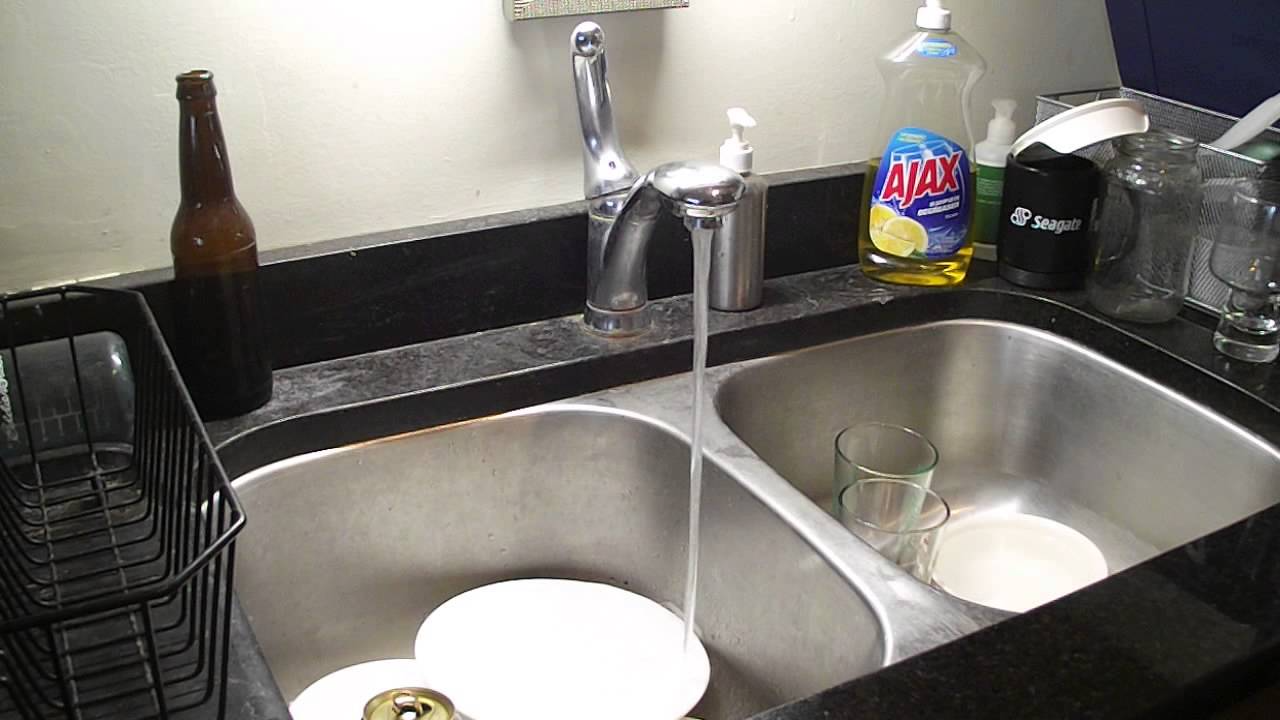How to Clean a Kitchen Sink Drain
Cleaning your kitchen sink drain may seem like a daunting task, but with the right tools and techniques, it can be a quick and easy process. The first step is to remove any visible debris or food particles from the drain. To do this, use a pair of tongs or your hands to pull out any large chunks of food or hair that may be clogging the drain.
Next, create a solution of hot water and dish soap. Pour this down the drain and let it sit for a few minutes. The hot water will help to break down any grease or grime buildup, while the dish soap will help to loosen and dissolve any remaining particles.
After letting the solution sit, use a plunger to plunge the drain a few times. This will help to dislodge any remaining debris and push it down the drain. Finally, run hot water down the drain for a few minutes to flush out any remaining residue.
How to Unclog a Kitchen Sink Drain
If your kitchen sink drain is clogged, it can be frustrating and inconvenient. But before you call a plumber, try using a drain snake to remove the clog yourself. A drain snake is a long, flexible tool with a small auger at the end that is designed to break up and remove clogs.
To use a drain snake, insert the auger end into the drain and slowly twist it as you push it further down. This will help to break up any clogs and allow them to pass through the drain. Once you feel the clog has been cleared, run hot water down the drain to flush out any remaining debris.
If the clog persists, you may need to use a chemical drain cleaner. Be sure to follow the instructions carefully and use caution when handling these products.
DIY Kitchen Sink Drain Cleaning
For those who prefer natural cleaning methods, there are several DIY solutions for cleaning a kitchen sink drain. One popular method is using a mixture of baking soda and vinegar. Simply pour half a cup of baking soda down the drain, followed by half a cup of vinegar. Let the mixture sit for a few minutes before flushing it with hot water.
You can also try using a combination of salt and lemon juice. Sprinkle a handful of salt down the drain, followed by a cup of lemon juice. Let it sit for 30 minutes before flushing with hot water. The salt will act as a scrubbing agent while the lemon juice will help to deodorize the drain.
Best Products for Cleaning Kitchen Sink Drain
If you prefer to use store-bought products, there are several options specifically designed for cleaning kitchen sink drains. Look for products that contain enzymes, which are effective at breaking down organic matter and eliminating odors. These products are typically safe for all types of pipes and septic systems.
You can also find foaming drain cleaners, which work by expanding and pushing debris down the drain. These are best for minor clogs and should not be used as a long-term solution for maintaining a clean drain.
Natural Ways to Clean Kitchen Sink Drain
For those who prefer to use natural methods, there are several household items that can be used to clean a kitchen sink drain. One effective method is using a combination of hot water, salt, and baking soda. Pour half a cup of baking soda down the drain, followed by a cup of salt and a pot of boiling water. Let it sit for 15 minutes before flushing with hot water.
You can also use lemon peels to clean and deodorize your drain. Simply run a few lemon peels through the garbage disposal and then flush with hot water. The citric acid in the lemon peels will help to dissolve any buildup and leave your drain smelling fresh.
Tips for Maintaining a Clean Kitchen Sink Drain
Prevention is key when it comes to keeping your kitchen sink drain clean. Be sure to run hot water down the drain after each use to help flush away any debris. You can also use a mixture of hot water and dish soap once a week to help prevent buildup.
Avoid pouring grease, oils, and fats down the drain as they can solidify and cause clogs. Use a strainer in your sink to catch any food particles and regularly clean it out to prevent buildup.
Professional Kitchen Sink Drain Cleaning Services
If your sink drain is severely clogged or you prefer to leave the job to the professionals, there are many cleaning services that specialize in kitchen sink drain maintenance. They have the tools and expertise to effectively clean and unclog your drain without causing any damage to your pipes.
Professional services may also offer preventative maintenance plans to help keep your drain clean and functioning properly. This can save you time and money in the long run by avoiding major clogs and repairs.
Preventing Clogs in Kitchen Sink Drain
There are a few simple steps you can take to prevent clogs in your kitchen sink drain. First, avoid pouring any grease or oils down the drain. Instead, dispose of them in a separate container and throw it away in the trash.
Be mindful of what you put down the garbage disposal as well. Avoid putting fibrous or starchy foods, like potato peels or celery, down the disposal as they can cause clogs. Also, be sure to run plenty of water while the disposal is on to help flush everything down the drain.
How Often Should You Clean Your Kitchen Sink Drain?
The frequency of cleaning your kitchen sink drain will depend on your usage and maintenance habits. For most households, it is recommended to clean the drain at least once a week to prevent buildup. However, if you notice any slow draining or foul odors, it may be necessary to clean it more often.
Regular maintenance and prevention can also help to extend the time between cleanings. Be sure to follow the tips mentioned above to help keep your drain clean and functioning properly.
Common Causes of Kitchen Sink Drain Clogs
Understanding the common causes of clogs in kitchen sink drains can help you prevent them in the future. Grease, oils, and food particles are the primary culprits of clogs. Over time, these can build up and create a blockage in your pipes.
Cleaning the Kitchen Sink Drain

Why is it Important to Keep Your Kitchen Sink Drain Clean?
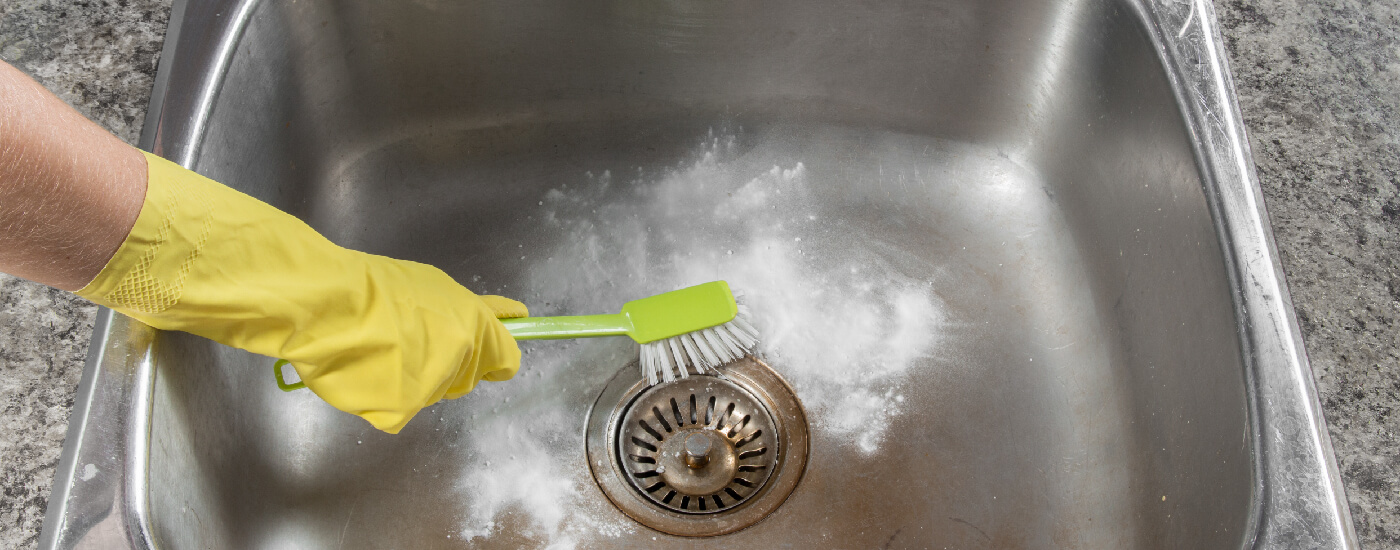 Keeping your kitchen sink drain clean is an essential aspect of maintaining a functional and hygienic kitchen. The kitchen sink is the most used and abused area in the kitchen, and its drain can easily become clogged with food particles, grease, and soap scum. A clogged drain can lead to unpleasant odors, slow draining water, and even potential plumbing issues. Regularly cleaning your kitchen sink drain is crucial to prevent these problems and to keep your kitchen running smoothly.
Keeping your kitchen sink drain clean is an essential aspect of maintaining a functional and hygienic kitchen. The kitchen sink is the most used and abused area in the kitchen, and its drain can easily become clogged with food particles, grease, and soap scum. A clogged drain can lead to unpleasant odors, slow draining water, and even potential plumbing issues. Regularly cleaning your kitchen sink drain is crucial to prevent these problems and to keep your kitchen running smoothly.
How to Clean Your Kitchen Sink Drain
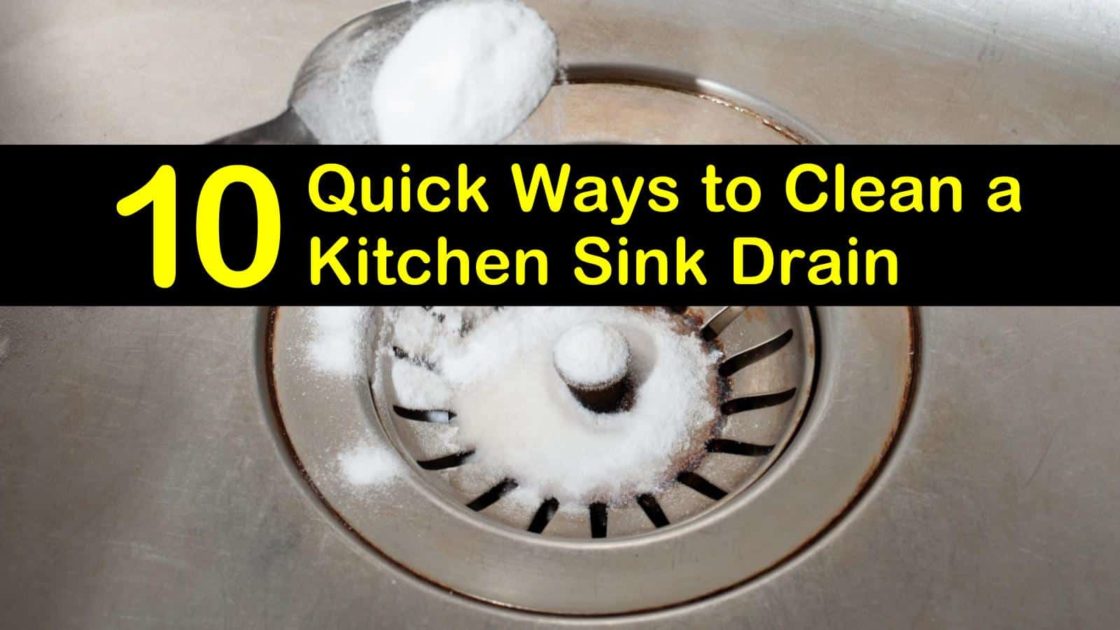 Cleaning your kitchen sink drain might seem like a daunting task, but with the right tools and techniques, it can be a quick and easy process. The first step is to remove any visible debris from the drain, such as food particles or hair. You can use a pair of tweezers or a drain snake to pull out any stubborn clogs. Next, mix equal parts of baking soda and vinegar and pour it down the drain. Let it sit for 15 minutes, then pour boiling water down the drain to flush out any remaining residue.
Featured keywords:
clean, kitchen sink drain, important, hygienic, clogged, prevent, plumbing issues, regularly, tools, techniques, baking soda, vinegar, boiling water, flush, residue.
Cleaning your kitchen sink drain might seem like a daunting task, but with the right tools and techniques, it can be a quick and easy process. The first step is to remove any visible debris from the drain, such as food particles or hair. You can use a pair of tweezers or a drain snake to pull out any stubborn clogs. Next, mix equal parts of baking soda and vinegar and pour it down the drain. Let it sit for 15 minutes, then pour boiling water down the drain to flush out any remaining residue.
Featured keywords:
clean, kitchen sink drain, important, hygienic, clogged, prevent, plumbing issues, regularly, tools, techniques, baking soda, vinegar, boiling water, flush, residue.
Tips for Maintaining a Clean Kitchen Sink Drain
:max_bytes(150000):strip_icc()/freshen-and-unclog-drain-with-baking-soda-1900466-22-bbf940b70afa4d5abef0c54da23b1d3f.jpg) To prevent clogs and maintain a clean kitchen sink drain, there are a few things you can do on a regular basis. First, avoid pouring grease or oil down the drain, as these substances can solidify and cause blockages. Also, use a sink strainer to catch any food particles before they go down the drain. Additionally, once a week, pour a cup of baking soda down the drain followed by a cup of vinegar, and then flush with hot water. This will help keep your drain clear and fresh-smelling.
Featured keywords:
maintaining, clean kitchen sink drain, prevent, clogs, avoid, grease, oil, solidify, blockages, sink strainer, food particles, baking soda, vinegar, hot water, clear, fresh-smelling.
To prevent clogs and maintain a clean kitchen sink drain, there are a few things you can do on a regular basis. First, avoid pouring grease or oil down the drain, as these substances can solidify and cause blockages. Also, use a sink strainer to catch any food particles before they go down the drain. Additionally, once a week, pour a cup of baking soda down the drain followed by a cup of vinegar, and then flush with hot water. This will help keep your drain clear and fresh-smelling.
Featured keywords:
maintaining, clean kitchen sink drain, prevent, clogs, avoid, grease, oil, solidify, blockages, sink strainer, food particles, baking soda, vinegar, hot water, clear, fresh-smelling.
In Conclusion
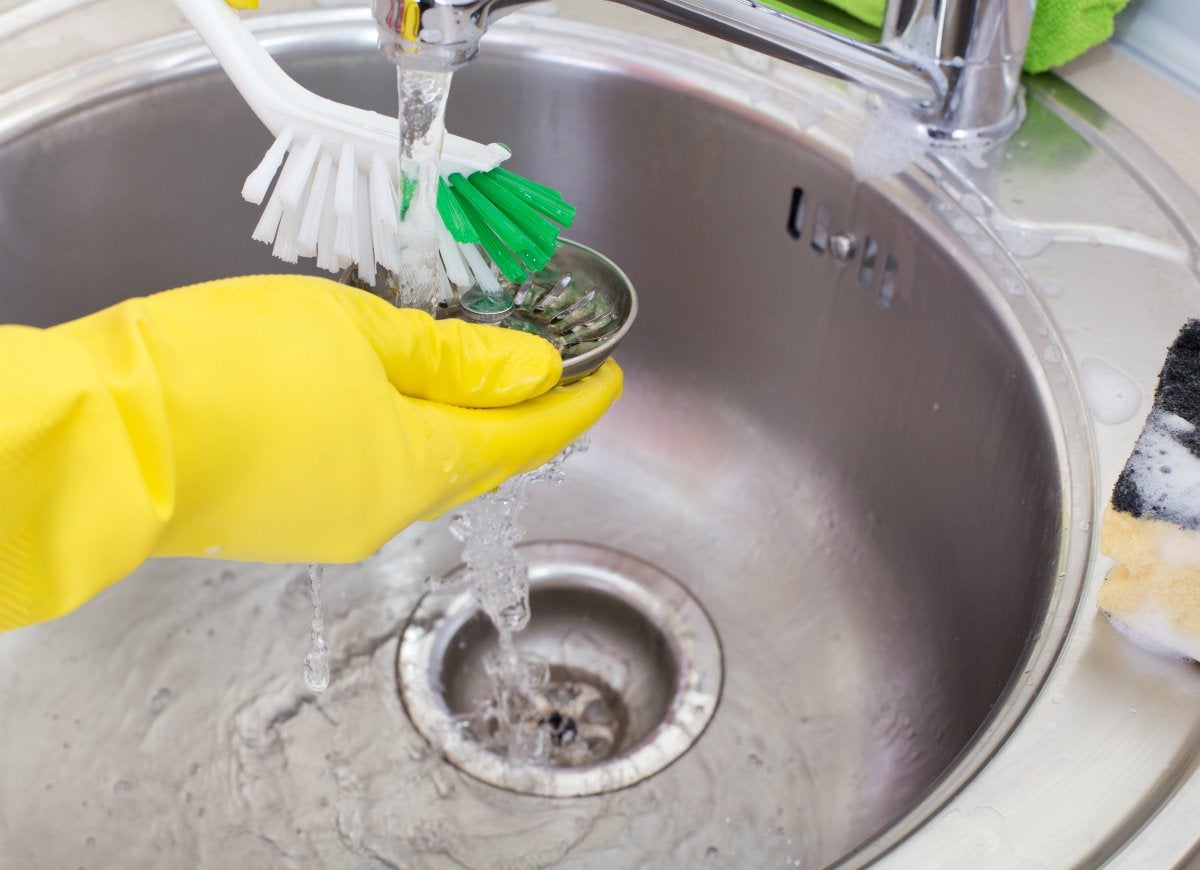 Keeping your kitchen sink drain clean is a necessary task to ensure a functional and hygienic kitchen. By regularly cleaning and maintaining your drain, you can prevent clogs and potential plumbing issues, and keep your kitchen running smoothly. With the tips and techniques mentioned above, you can easily keep your kitchen sink drain in top condition. So next time you're cleaning your kitchen, don't forget to give your sink drain some attention.
Keeping your kitchen sink drain clean is a necessary task to ensure a functional and hygienic kitchen. By regularly cleaning and maintaining your drain, you can prevent clogs and potential plumbing issues, and keep your kitchen running smoothly. With the tips and techniques mentioned above, you can easily keep your kitchen sink drain in top condition. So next time you're cleaning your kitchen, don't forget to give your sink drain some attention.



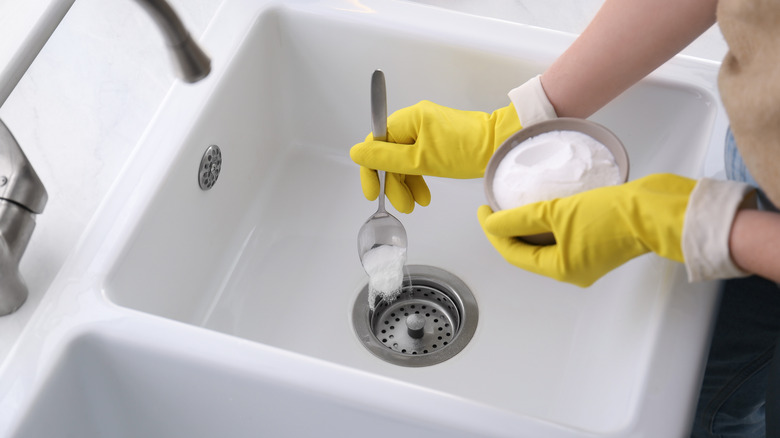



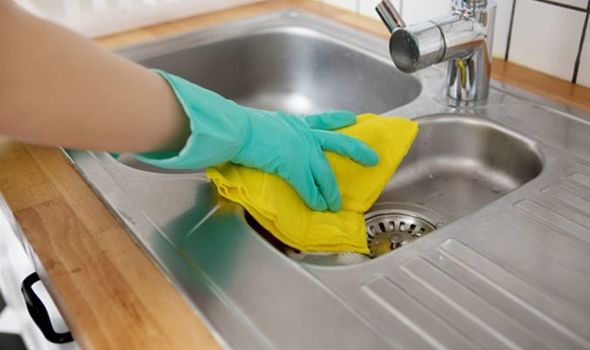
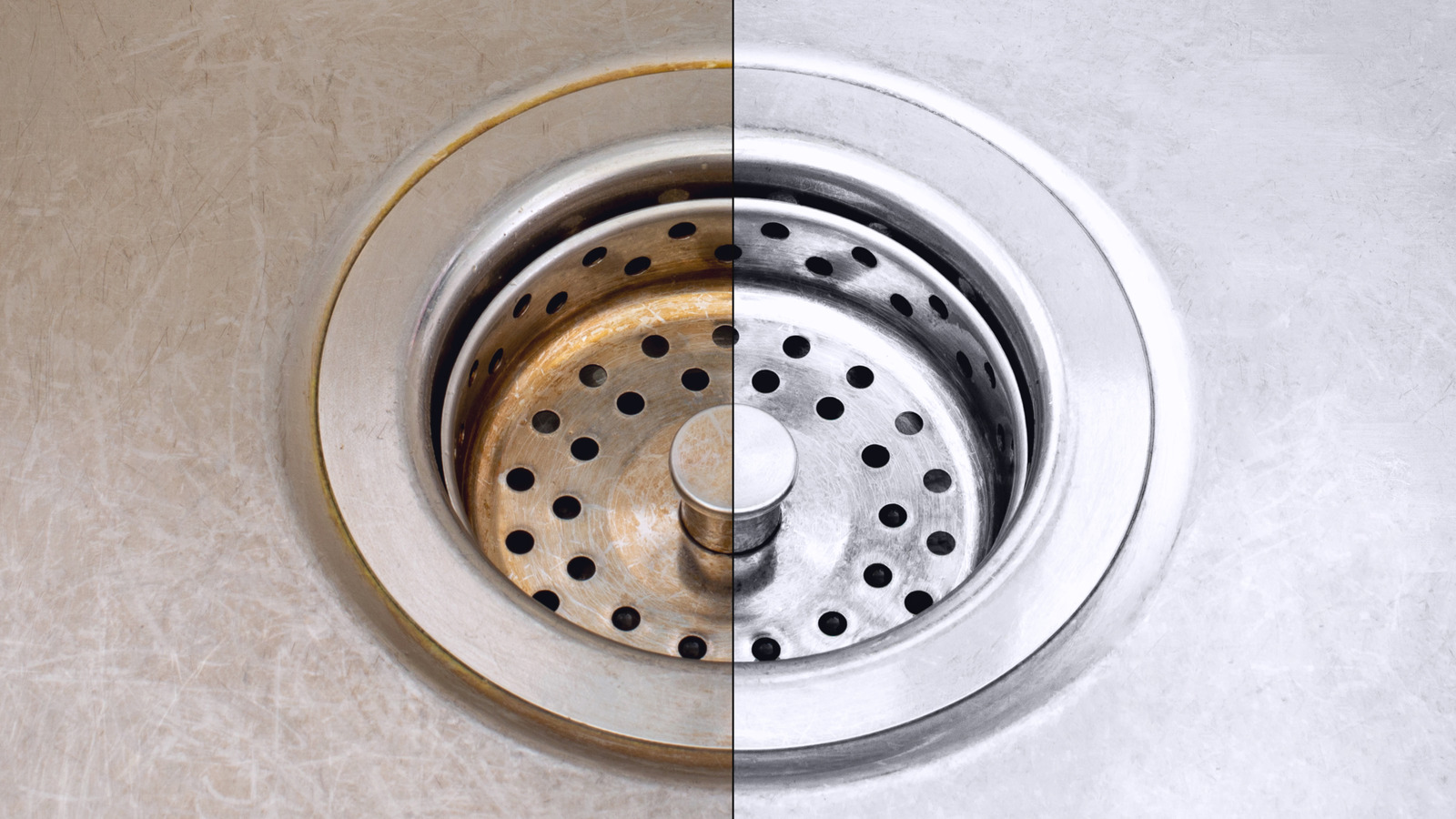
:max_bytes(150000):strip_icc()/how-to-clean-a-kitchen-sink-and-drain-01-5660035-a1d8afe3894346f9a579e66c55e64b7d.jpg)
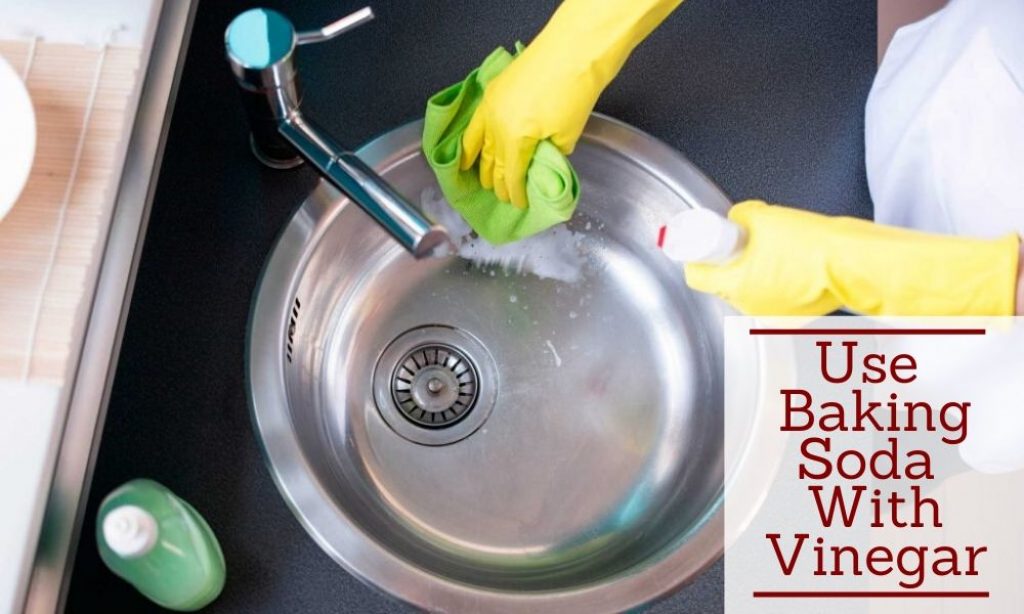
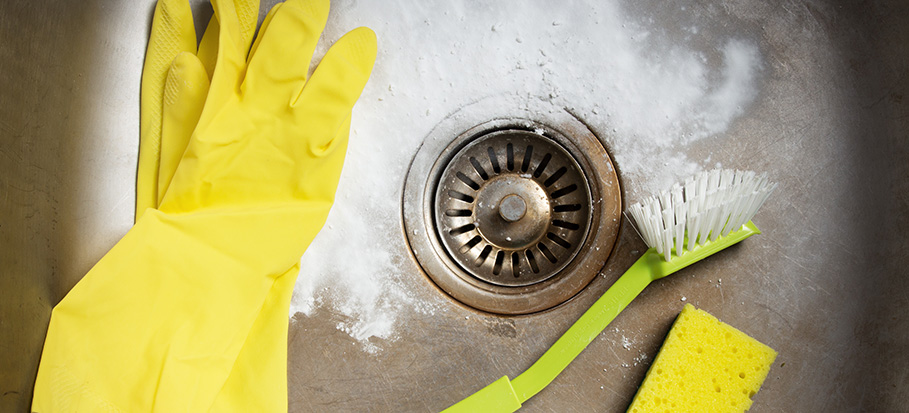


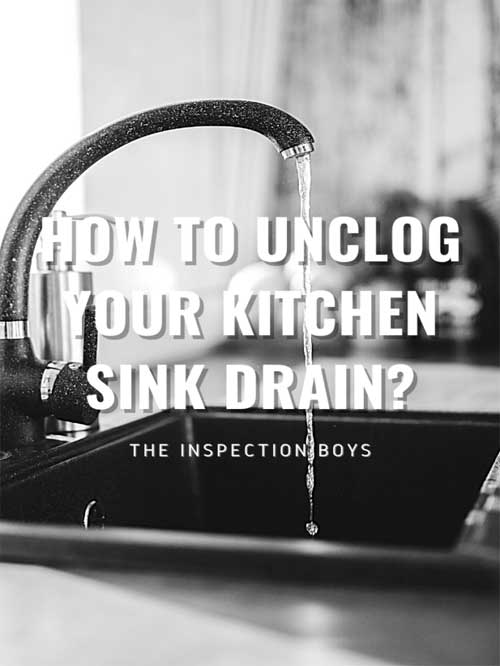








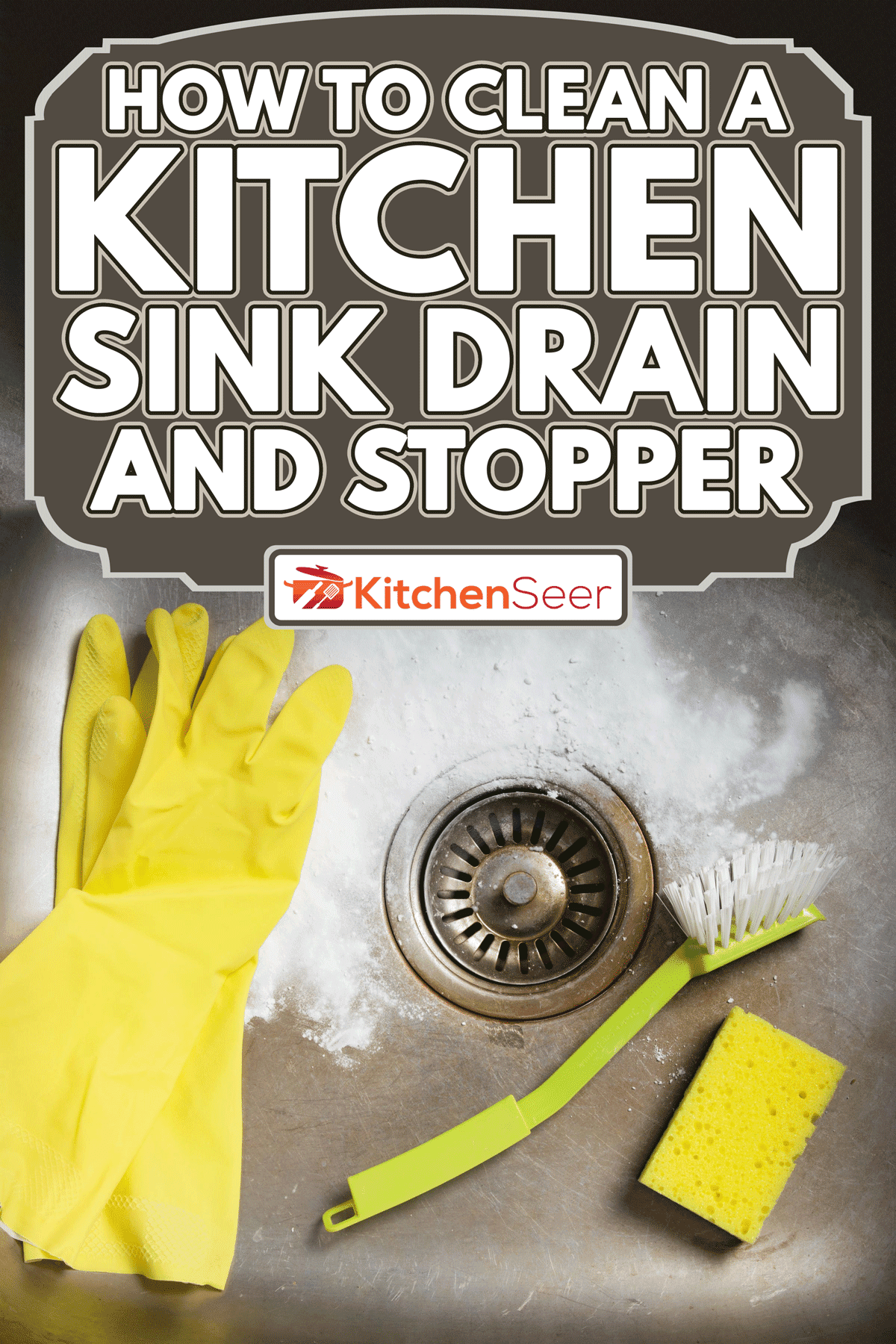

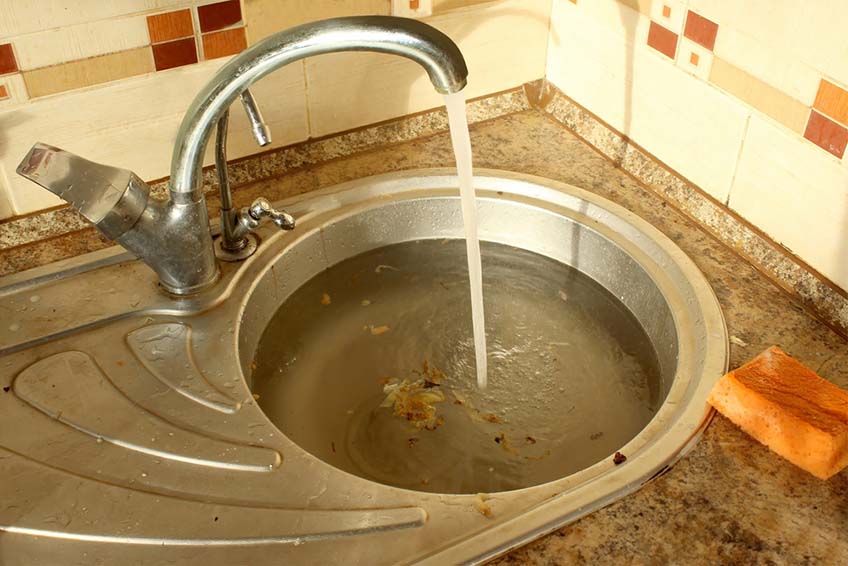
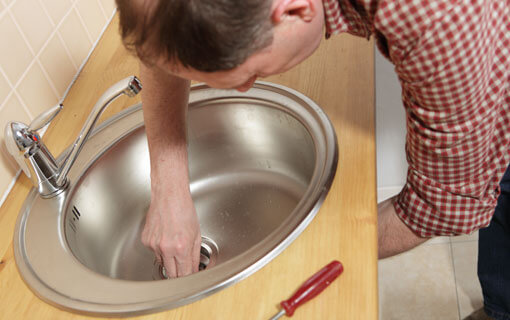



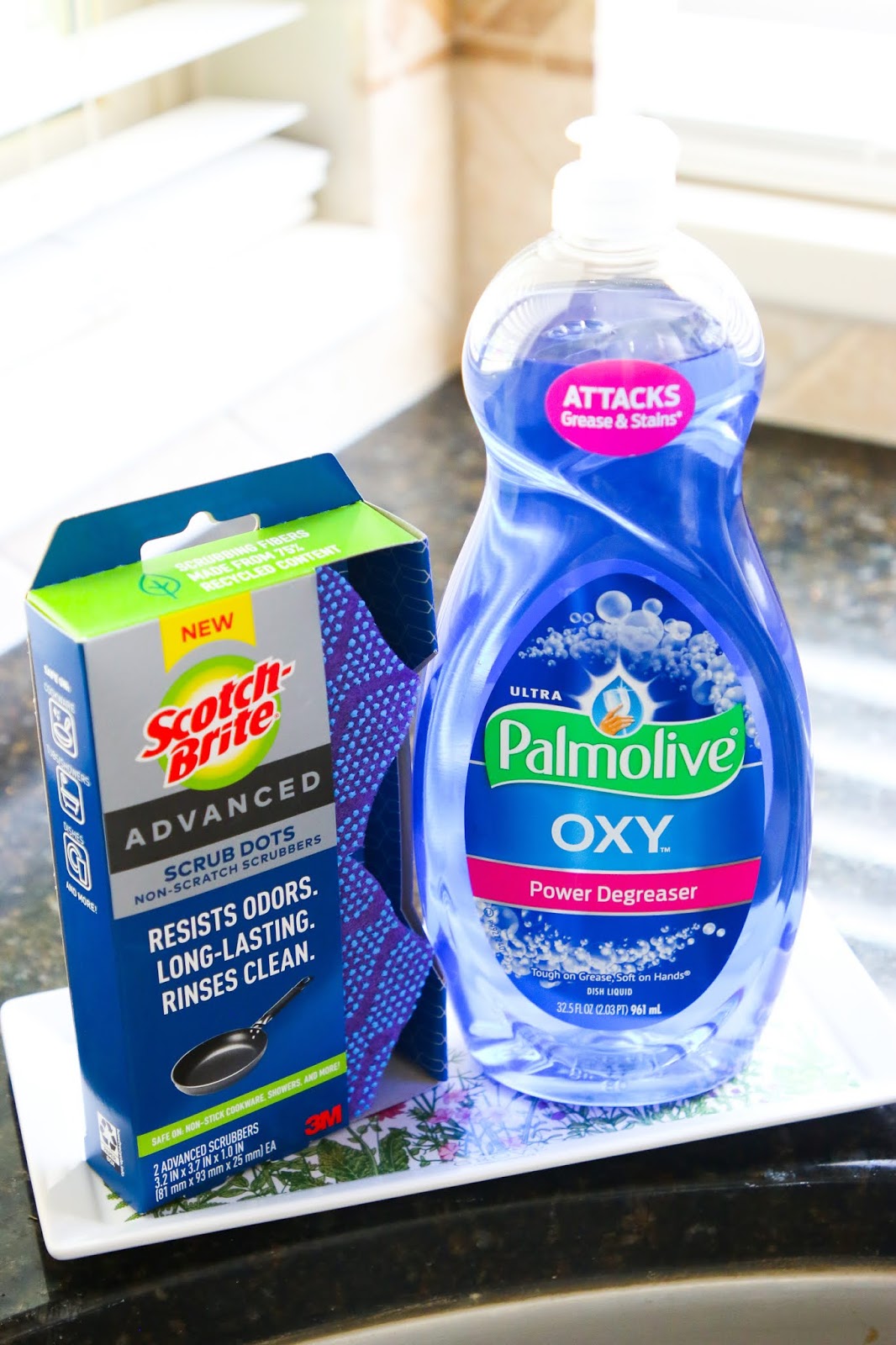
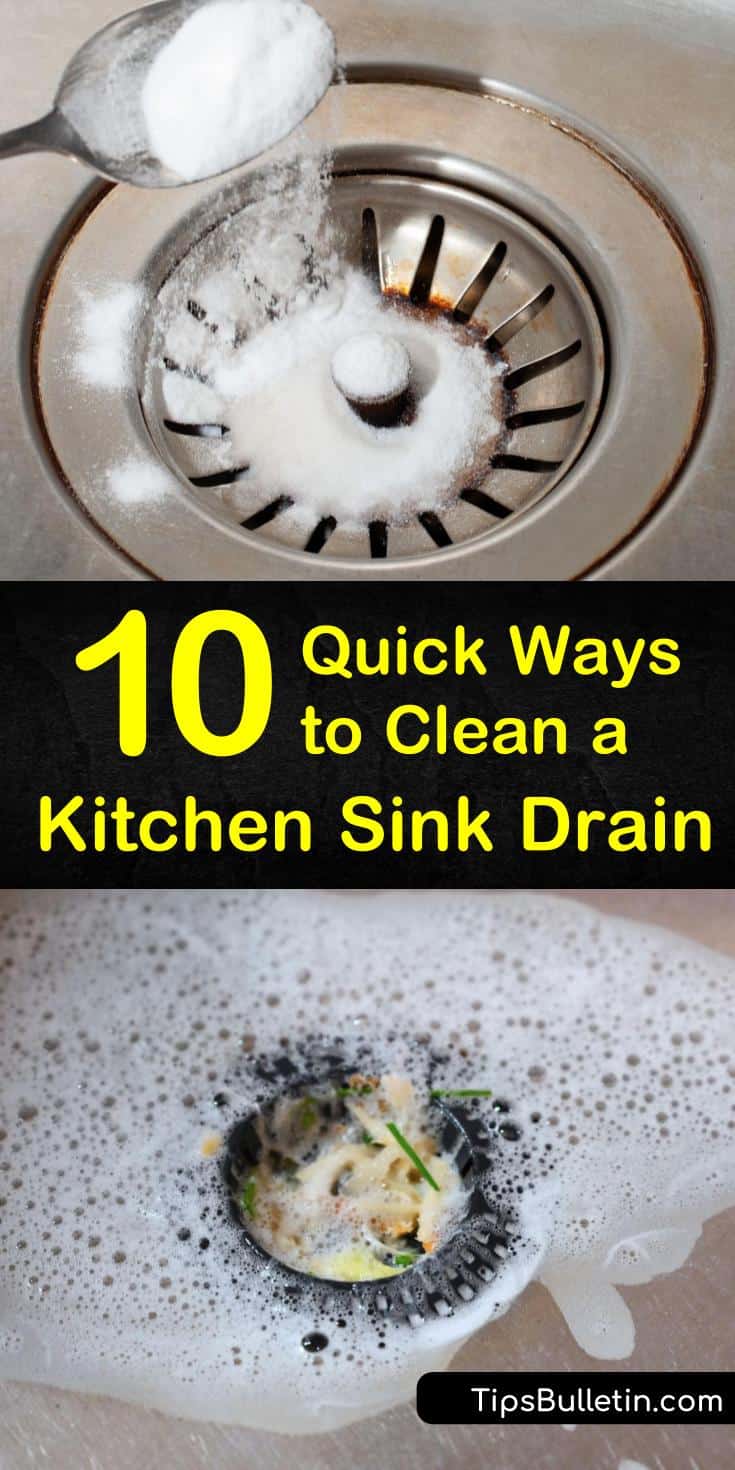

:max_bytes(150000):strip_icc()/how-to-install-a-sink-drain-2718789-hero-24e898006ed94c9593a2a268b57989a3.jpg)

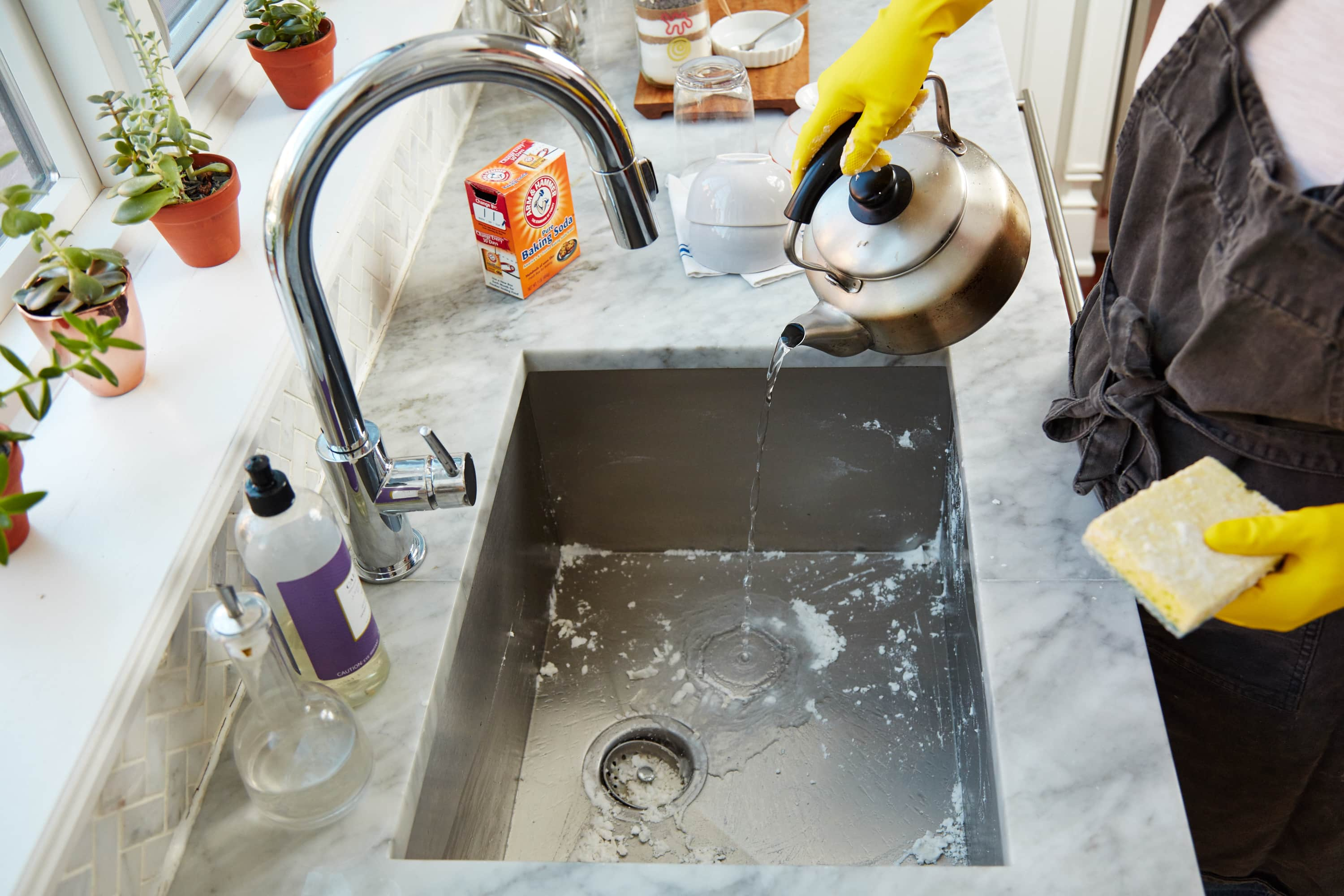

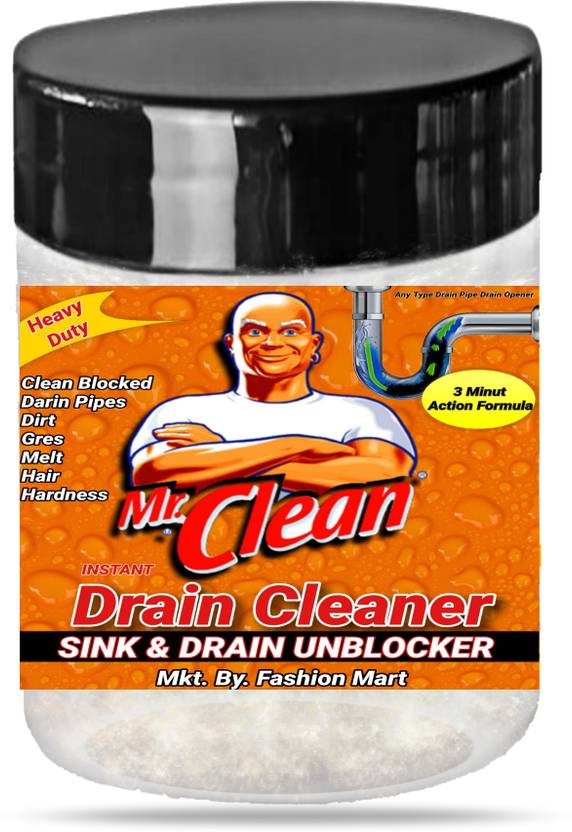
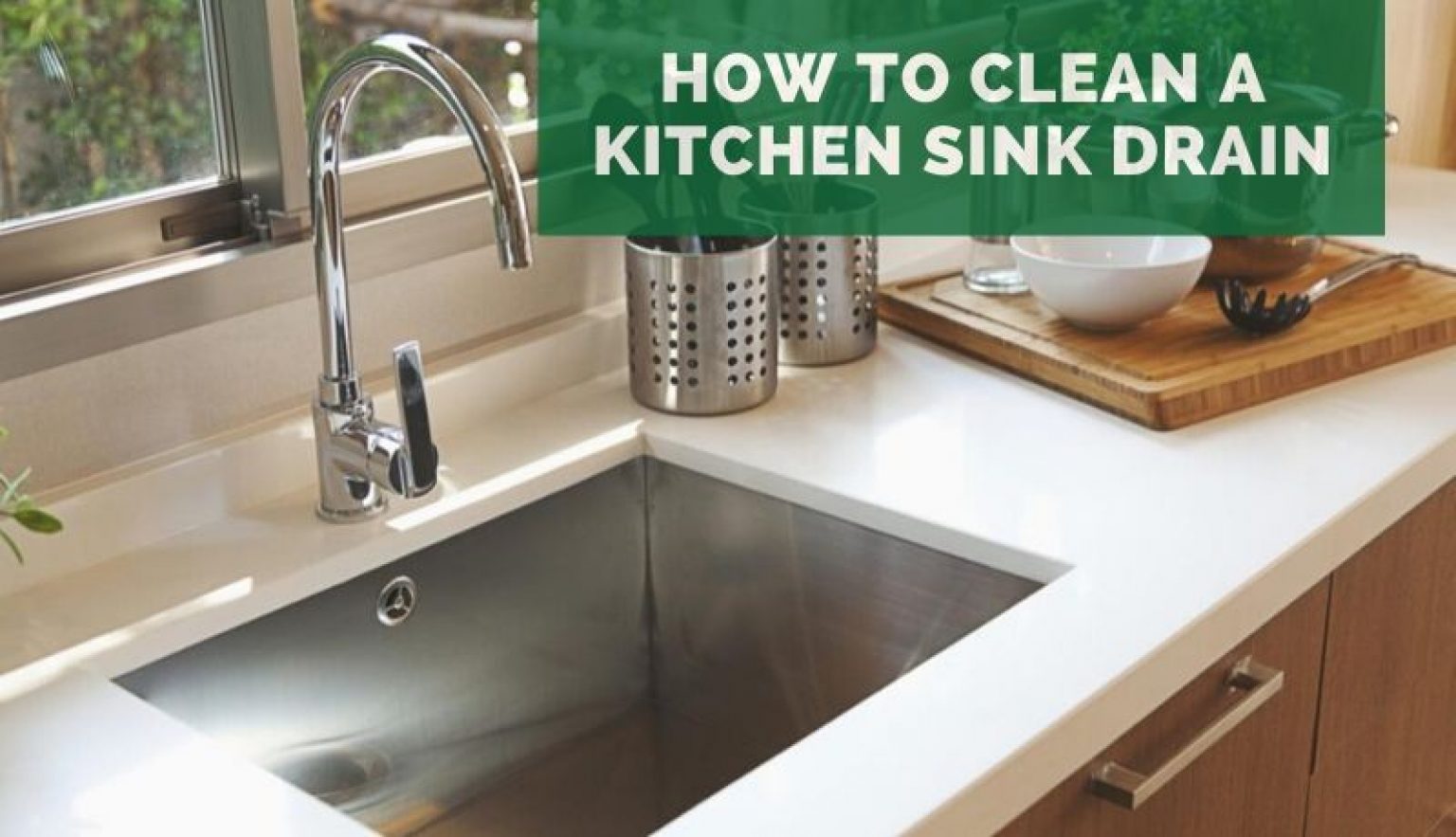







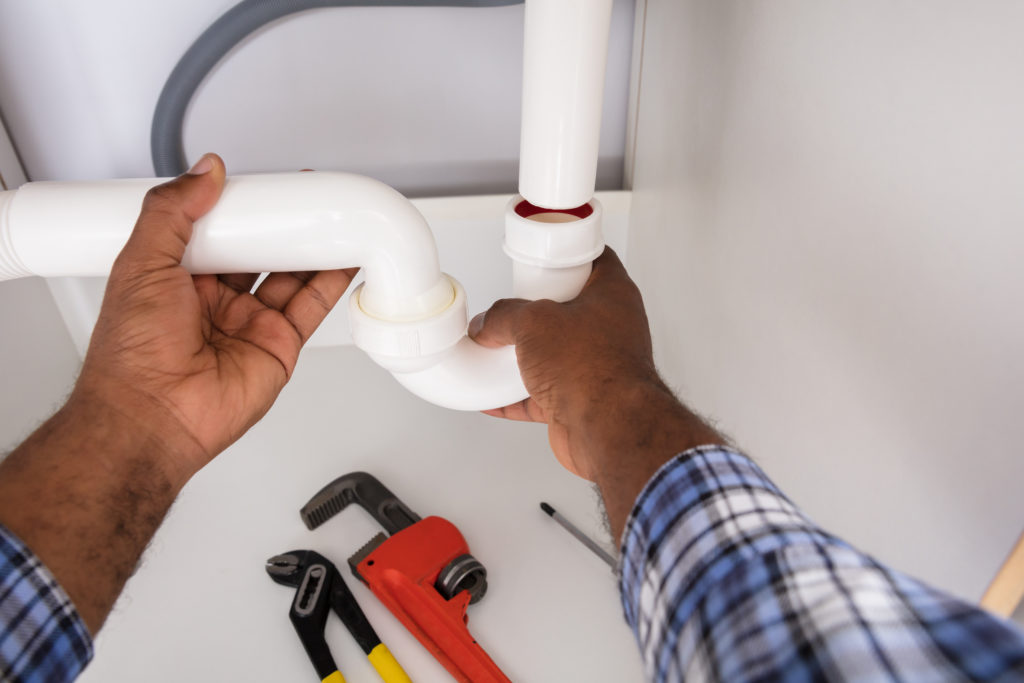
:strip_icc()/how-to-clean-a-bathroom-sink-drain-01-c728294c8bee42428afdf3e69f449279.jpg)
